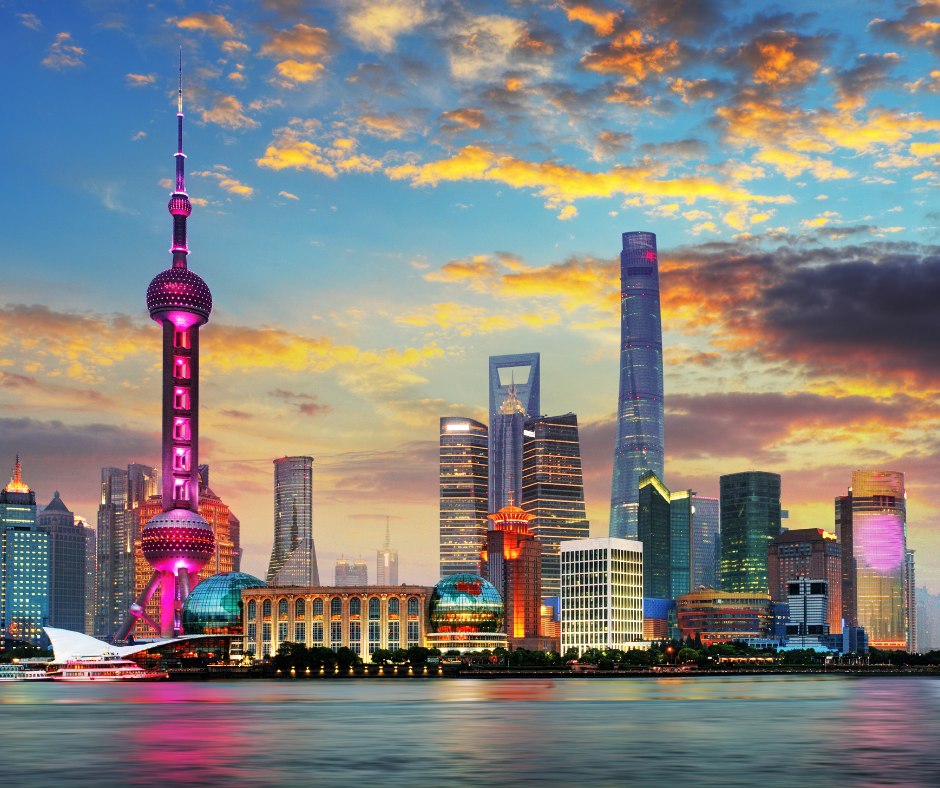
China’s travel sector is the largest in Asia and one of the fastest-growing worldwide. By 2033 it is projected to reach USD 170.4 billion, supported by an 8.23% CAGR and an unprecedented development pipeline. By the end of 2025 alone, 1,156 new hotels with more than 170,000 rooms will open, adding to a total pipeline of over 3,700 projects nationwide.
International arrivals are rebounding sharply, growing 30% year-on-year, while outbound tourism is at record highs. With urban upgrades, new airports, and strategic government reforms, China is building both capacity and accessibility. Yet the country’s sheer scale brings complexity. The question is not whether demand exists, but whether distribution systems can keep up.
China’s pipeline reflects unmatched diversity:
While Tier 1 cities like Beijing, Shanghai, Guangzhou, and Shenzhen continue to dominate supply and corporate demand, development is accelerating in Tier 2 markets such as Chengdu, Hangzhou, Nanjing, Wuhan, and Xi’an, which combine large populations with rising business and leisure appeal. Even Tier 3 cities, smaller but fast-emerging hubs including places like Zhuhai, Kunming, and Hefei, are seeing new hotel builds and regional tourism investment.
For buyers, this shift means opportunity comes with complexity. Supply is no longer concentrated in just a handful of urban hubs but spread across a vast network of destinations. Without smarter B2B distribution, many of these Tier 2 and Tier 3 properties risk being invisible to global demand despite meeting quality and infrastructure standards.
Even with this momentum, China’s B2B travel distribution faces structural barriers:
For procurement teams, agencies, and corporate buyers, these inefficiencies make it harder to capitalize on China’s scale.
To capture its potential, China’s travel sector needs a unified, automated B2B ecosystem that can handle scale and diversity with consistency.
This is where B-Marketplace adds value. Designed for complex markets, it provides the digital backbone that simplifies connections between suppliers and buyers.
Rather than disrupting existing systems, B-Marketplace enhances them—transforming how buyers and suppliers connect in a market as vast as China.
Travelers will see new hotels, upgraded airports, and accessible adventure routes. But what they will not see is the backbone that makes it all work: how suppliers connect to buyers, how bookings are managed, and how payments flow.
For operators and procurement teams, this backend is critical. It shapes efficiency, reliability, and profitability. With B-Marketplace, China’s B2B ecosystem can finally move beyond manual processes and fragmented systems into a smarter, faster, and more transparent model.
China’s travel market is defined by scale and ambition. With over 1,100 new hotels opening by 2025 and inbound recovery accelerating, the opportunity is immense. Realizing it depends on modernizing the systems that support B2B travel distribution.
B-Marketplace provides that foundation: aggregating inventory, automating operations, and ensuring compliance at scale. The result is a market that is not only large, but also efficient, transparent, and accessible.
📩 Ready to explore how streamlined distribution can unlock new opportunities?
Let’s connect: sales@bakuun.com
Because China’s travel growth deserves distribution systems as powerful as its scale.